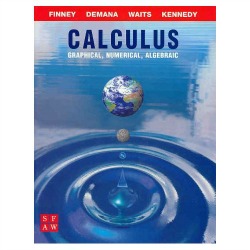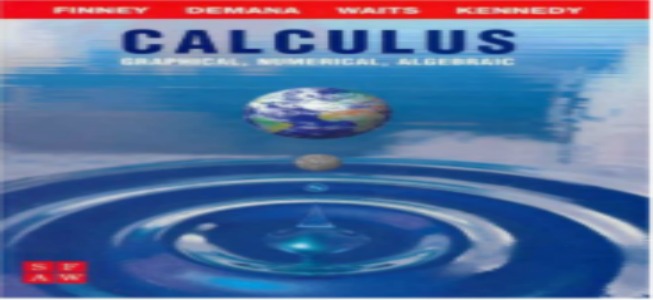More and more people across America are realizing the importance of mathematics. Everybody agrees that children need a better math education, and the most implemented solution to this problem is very simple: make students learn math faster and earlier.
Before, calculus was considered an entry-level college course. Now, it is a growing trend for students to take CollegeBoard-sanctioned Calculus AP classes junior or sophomore year of high school; CollegeBoard’s Calculus AP program is growing at an astronomical 7 to 8 percent a year. There are even students at MVHS trying to get into Calculus BC their freshman year. Before we get swept up in getting into calculus earlier and earlier, we must ask ourselves: How effective is this accelerated math craze?

Not very effective, it seems. First of all, many students do not take the next step in the progression of math courses after calculus. Those who do take AP Calculus before their senior year usually take AP Statistics the next year. Although AP Statistics is useful, it’s radically different from calculus; many would argue that the nature of the class is very different from that of calculus’ focus on purely math. Taking statistics after calculus can be a disorienting experience; it’s a recipe for forgetting calculus before college. Calculus is ,of course, essential for many STEM majors, which is the whole reason why it’s an introductory college course. But if students are learning calculus and forgetting it before they reach college, they aren’t getting much of a head start.
The entire point of accelerated math programs is to give students a head start in math for college, but their effectiveness is questionable. In May of this year, 30.1 percent of the students who took the Calculus AB exam received a score of 1 out of 5, 5 being the highest and 1 being the lowest. That means almost a third of the people who took the Calculus AB course completely failed, which is a disturbingly high fail rate. The high fail rate suggests that many students don’t have the adequate knowledge base to take calculus, rendering the class a waste of a year. This revelation is not surprising, as accelerated math programs tend to compact courses in an effort to cover more material in a shorter amount of time. But not only does this defeat the purpose of the accelerated math program, it also greatly detriments the student’s math performance. The student will go to college not knowing calculus and not ready for college calculus.
Accelerated math programs are beneficial for some students, mostly those who have a solid foundation in math and will proceed to take rigorous math courses senior year. But clearly many students are not benefiting from accelerated math programs. Even at MVHS, students need to honestly evaluate whether they are ready for calculus or not before taking the course. It may be better to reinforce knowledge of the basics and take calculus in college.








